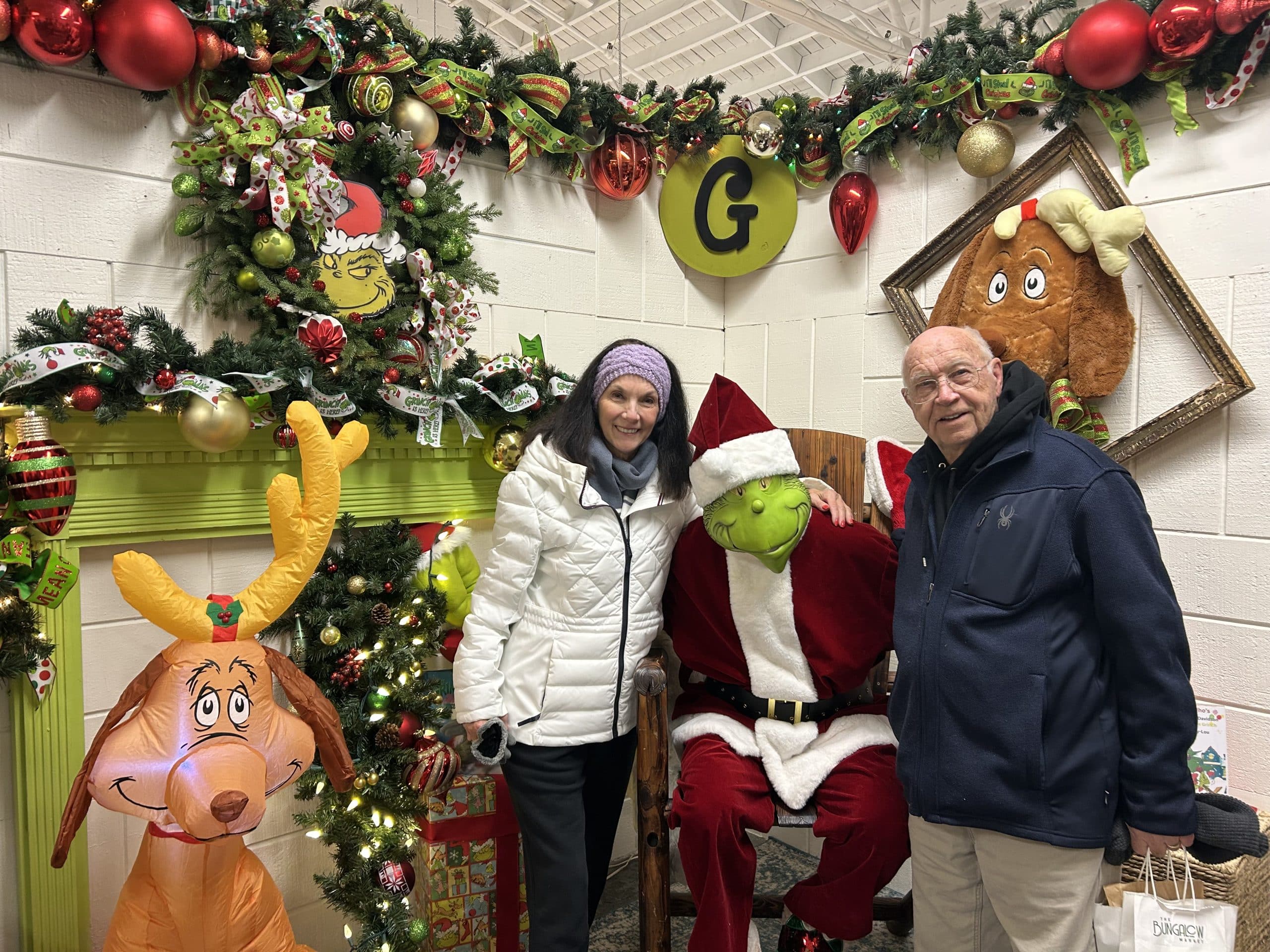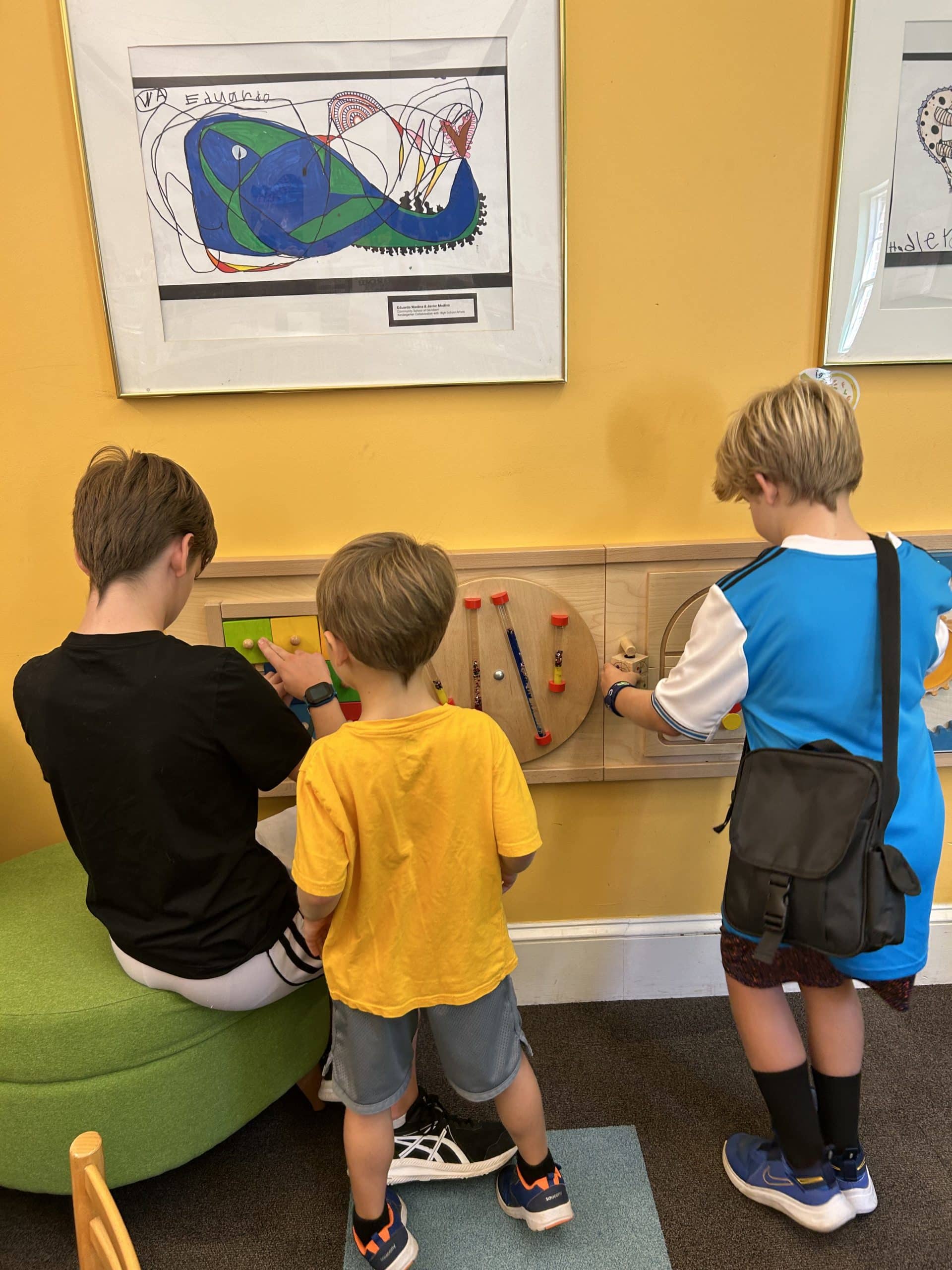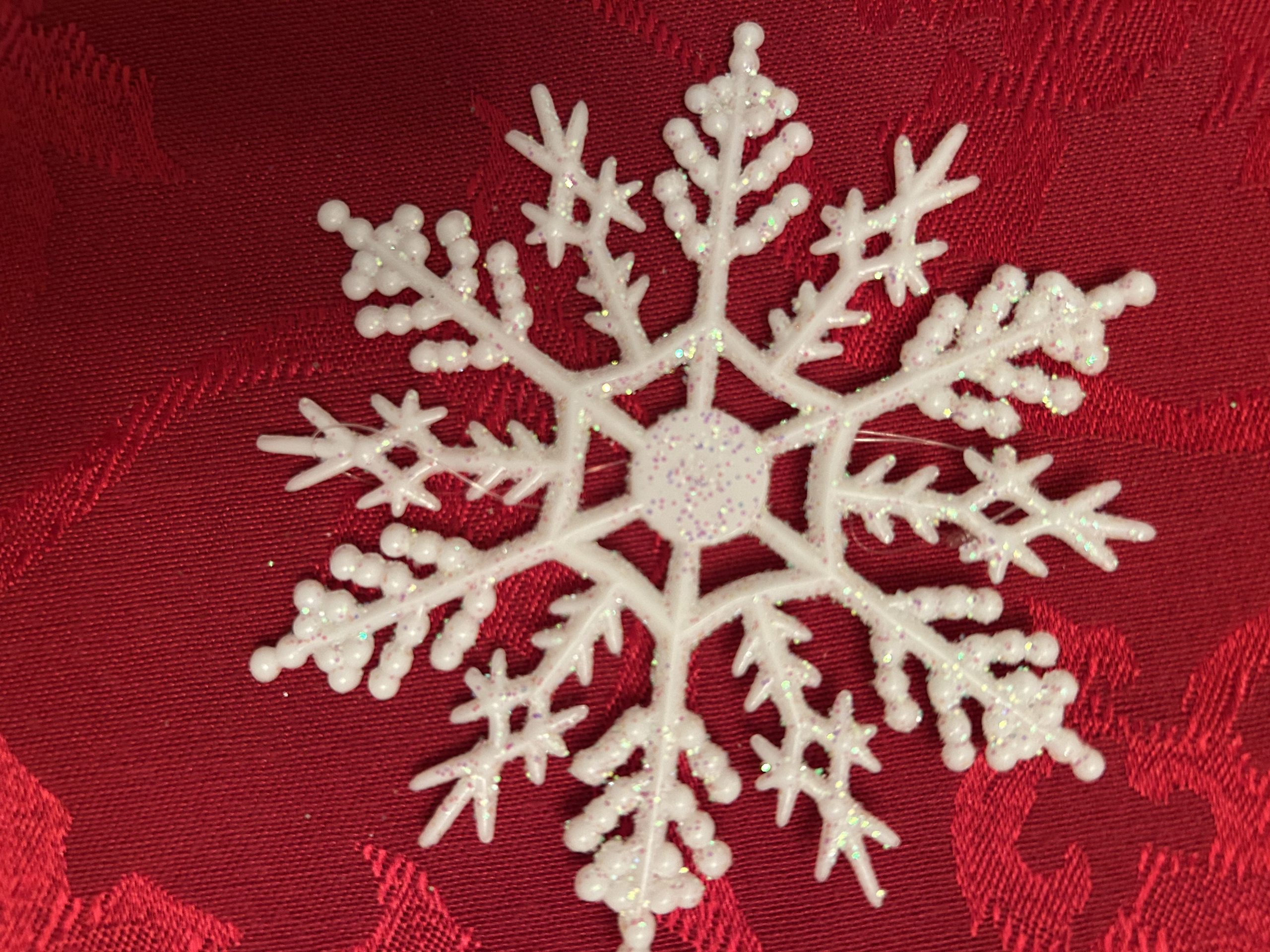Science knowledge and its teaching are important to a school’s curriculum. According to The National Academies of Science, Engineering, and Medicine, “Science is a significant part of human culture and represents one of the pinnacles of human thinking capacity. It provides a laboratory of common experience for developing language, logic, and problem-solving skills in the classroom.”
Science gives students an understanding of how things work and provides knowledge about the world around them. It starts with questions or inquiries about nature and the world. The critical question for students is whether science is being taught effectively.
Science Knowledge at its Best
Science is found everywhere. The world is a background for science in schoolyards, backyards, and in homes. It helps students to see thinngs from different perspectives. Students are able to solve critical problems. With science, students collaborate and debate with an open mind. Thus, providing knowledge and opportunities.
There are many way for teachers to engage students in science lessons. Demonstrations excite students.
- In demonstrating an experiment, students generate questions for their own exploring and experimentation.
- Nature Cams also engage students. They are especially good for students to explore nature.
- Virtual field trips help students enjoy a place that is not possible to visit.
- Science simulations engage students. They can see 3D simulation of planets, plate tectonics, and seismic waves.
Hand-0n, minds-on science engages students in real word situations.
Science Fairs
Science projects and fairs encourage students to gain deeper knowledge in an area of their interest. They expose students to STEM careers. They provide students with the soft skills of communication skills, teamwork, leadership, time management, adaptability, problem-solving, critical thinking, work ethic, creativity and emotional intelligence. Fairs emphasized skill that are invaluable. in the K-12 clasrooms.
Students can work on science projects independently, in groups, or pairs. Projects empower students to investigate questions about the world abround them. Fairs develop citical thinking and communication skills. They provide math and language skills. With projects, students work as scientists, mathematicians, and engineers. Thus, it shapes how they think about the future.
Stressful but Formative
For many, science fairs are stressful. However, they have students investigating various topics. Students work on simple to complex experiments. They can experiment on topics such a insulations for heat to various fertilizations for growing plants, solar energy, building materials, etc. Projects rainge from physical science, environmental science, biological science, astrology,
Fairs should not be competitive or stressful. They must stay a learning experience for students. Create classtime for students to work on projects. This takes the stress away from the home. In class, students can ask and research questions. Teachers are able to focus students on age appropriate topics and help them to stay on task until completion. Thus, many students will remember the success of their projects.



